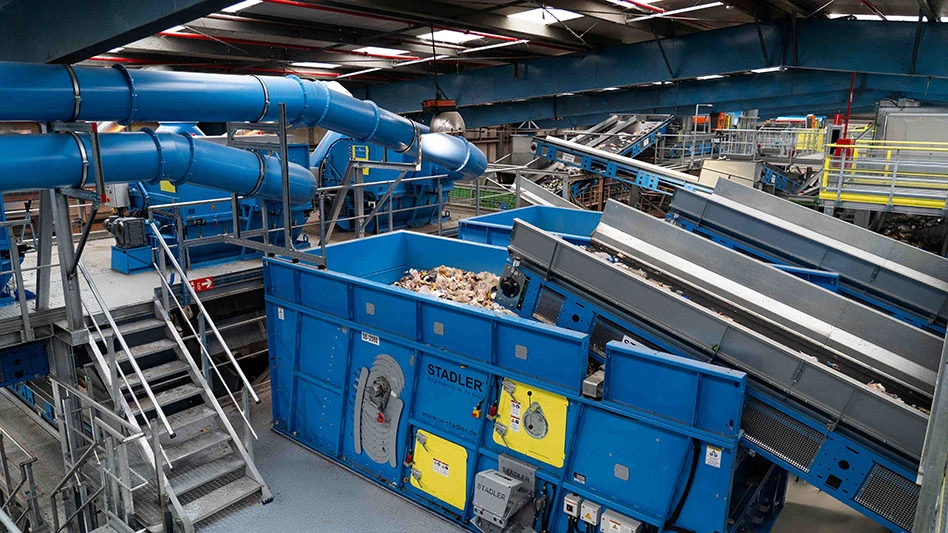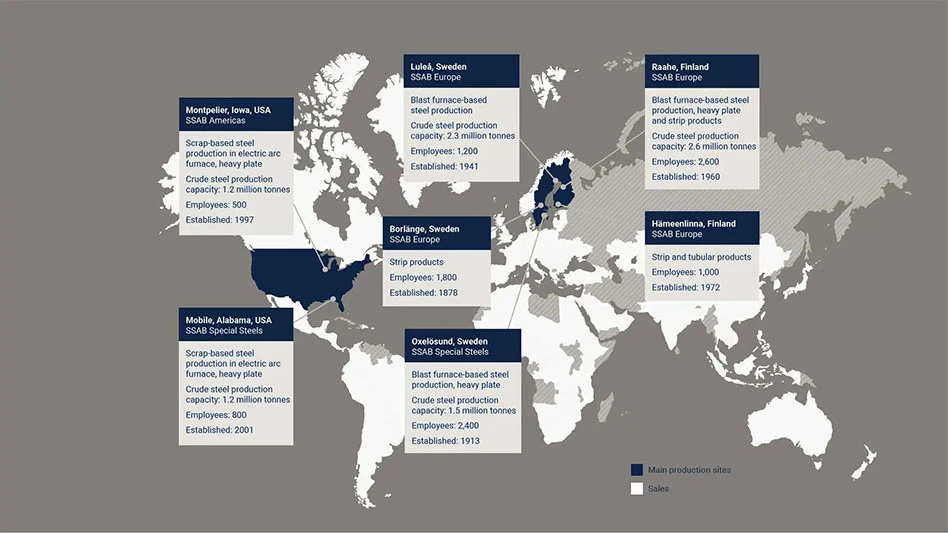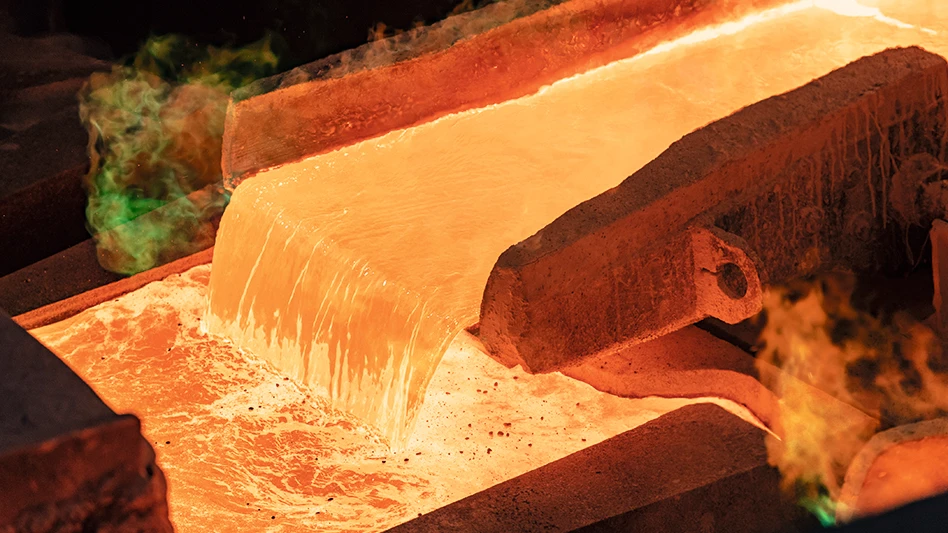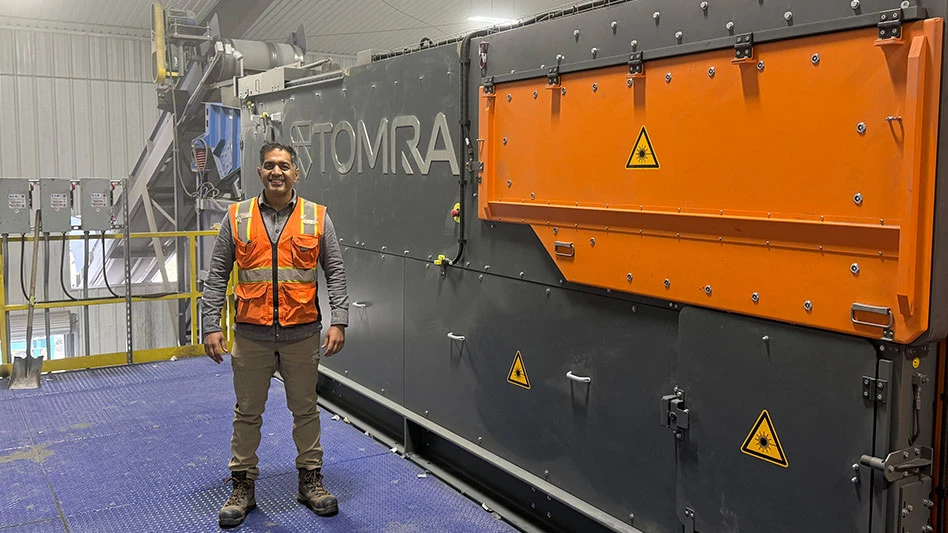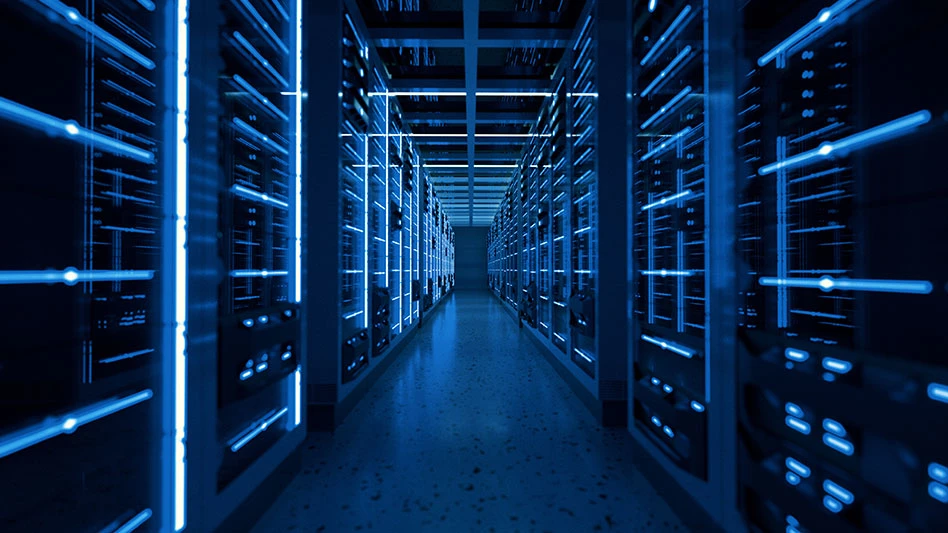
Dana Rothstein | Dreamstime.com
United States Steel Corp. and Nippon Steel Corp. (NSC) have announced that President Donald Trump has approved the companies’ "historic partnership,” in a reference to what 18 months earlier had been announced as an all-cash acquisition of Pittsburgh-based U.S. Steel by the Japanese steelmaker.
Although the acquisition was approved by shareholders of both companies and by regulators in Japan and Europe (where U.S. Steel has operations), the proposed transaction became a political issue in the U.S. during a presidential campaign where neither candidate wanted to be seen as approving the acquisition of a historically significant U.S.-based company.
After a 17-month delay during which NSC insisted it intended to complete the transaction, Trump made a social media post May 23 saying his administration had brokered a partnership between the two steelmakers, saying, “U.S. Steel will remain in America and keep its headquarters in the great city of Pittsburgh.”
A news release June 13 was issued jointly by U.S. Steel, NSC and its wholly owned subsidiary Nippon Steel North America Inc. saying the agreement “will unleash unprecedented investments in steelmaking in the U.S., protecting and creating more than 100,000 jobs.”
A report from WBAL-TV in Baltimore indicates the greenfield project mentioned in the announcement will result in a new recycled-content electric arc furnace (EAF) steel mill somewhere in the U.S.
No executive from either firm is quoted in the news release. Instead, the companies collectively are attributed as saying, “We thank President Trump and his administration for their bold leadership and strong support for our historic partnership. We look forward to putting our commitments into action to make American steelmaking and manufacturing great again.”
The 270-word news release is followed by a 660-word cautionary note regarding forward-looking statements that includes a considerable amount of stock market safe harbor language.
The disclaimer includes a sentence listing 11 risks and uncertainties while noting that in addition to the spelled out risks, the list could include others without limitation.
Among the 11 risks listed are the ability of the parties to consummate the proposed transaction, on a timely basis or at all; the risk that any announcements relating to the proposed transaction could have adverse effects on the market price of the U.S. Steel’s common stock or Nippon Steel’s common stock or American depositary receipts; and “risks arising from transaction-related litigation, either brought by or against the parties.
One source of speculation involves the willingness of NSC shareholders to consider the new arrangement to be effectively the same as the all-cash transaction originally announced.
On June 14, the Japan-based Nikkei Asia news service said an unnamed NSC executive had told one of its reporters that investors in NSC and some managers within the firm are opposed to making an investment in which they will not have complete control.
Although Trump has said the agreement is final, the news service reports the anonymous NSC executive as stating, “Without a degree of management freedom, it may not be possible to reach an agreement with the U.S. government.”
In events that could be tied to such Japanese opposition, three shareholder voting issues have been added to the agenda at NSC’s General Meeting of Shareholders, which will take place in Tokyo June 24.
That meeting’s agenda includes references to and management recommendations on three shareholder vote proposals pertaining to executive compensation and the oversight of company subsidiaries.
Two of the proposals question the use of certain tools to measure or bolster executive compensation, while the other proposes greater oversight of NSC subsidiaries that have separate listings on stock exchanges. The board of directors has recommended shareholders vote against all three proposals.
It is unclear how much support the vote proposals have. According to NSC's meeting agenda, the three votes were proposed jointly by two shareholders with an aggregate voting rights ratio of less than 0.01 percent.
In a 2024 list of its largest investors, NSC lists 10 entities with much larger stakes than that. Its largest shareholder at that time was a Japanese trust account that held 13.6 percent of NSC’s shares. Most of the other nine entities listed were Japan-based, though JP Morgan and State Street banks appear on the list.
A June 12 post from the Nippon.com news service says Japanese shareholder activism is on the rise this decade but does not spell out whether such activism has yielded any results.
“The number of listed companies in Japan that received shareholder proposals over management issues for this year's general shareholders meetings in June has reached a record high of 113, chiefly reflecting growing demands from activist investors,” the report on Nippon.com attributed to Tokyo-based Jiji Press reads.
The report says those 113 proposals have been made to 51 different listed companies this year, crediting Tokyo-based Mitsubishi UFJ Trust and Banking Corp. as the source of those figures.
Latest from Recycling Today
- RERF opens Avagliano award nominations
- Eriez expands European sales network
- Gränges increases sales volume in 2025
- Aduro selects Netherlands as site for industrial scale-up facility
- Nasco-Op declares dividend
- Cyclic Materials announces plans for South Carolina campus
- WM reports revenue, earnings growth in Q4 and full-year 2025
- Solarcycle’s Cedartown, Georgia, recycling facility opens
